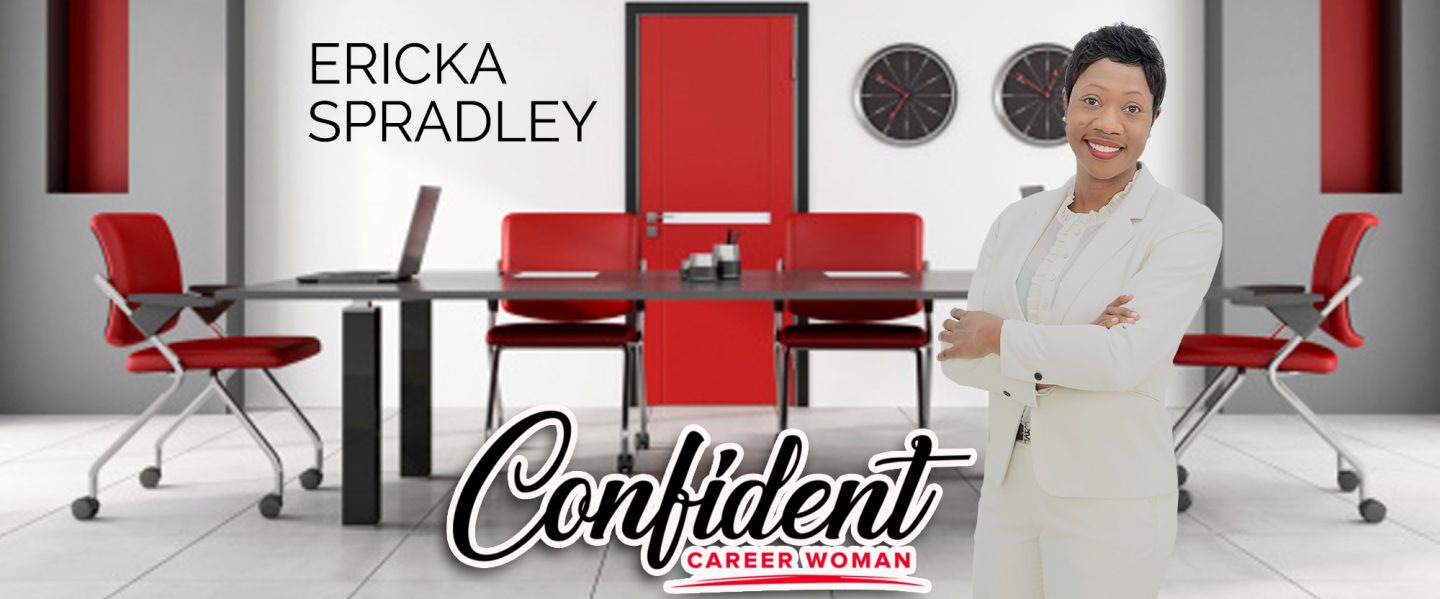I remember it like it was yesterday. “It” happens to be a conversation with a girlfriend who at that time, was expressing frustration regarding the state of her career. She desired career mobility, yet she seemed to be “stuck” in her role. I recall the pain in her words as she articulated how a male Caucasian colleague seemed to be climbing the corporate ladder; how he was obviously being compensated more than she was and how they started at the same place – at the same time within the organization.

While it’s not my place to discount anyone’s experience, the coach on the inside of me posed questions to better understand if any other factors were at play. Within a matter of minutes, I realized she needed to have conversations with decision makers with the sole intention of advocating for what she wanted, better understanding what she could do differently and identifying who she should be speaking with. When I suggested she request a meeting with a Senior Leader, she questioned whether or not she could (or should). I responded to her with these 3 simple words: “Why shouldn’t you?!”

In that moment, she did what is extremely common amongst women – she made the conscious choice to sit on her “ask.” Eventually she asked; she experienced the personal and professional benefits of doing so and now she has no problem asking! What I’ve struggled with for years is understanding why we as women prefer to give ourselves a “no” before allowing someone else to offer a “yes.”
The “ask” is typically a trending topic when compensation is discussed but as I mentioned in PowHer Principle #19 from my book “Confident Career Woman”, women don’t ask for a plethora of professional things:
- additional training/professional development
- a flexible schedule
- promotions
- mentors and sponsors
- access to senior leadership
- additional resources and benefits

One might say this a definitely a salary negotiation conversation; but I’m convinced it’s more than that. According to the article “Why Women Don’t Ask? by Linda Babcock and Sara Laschever”: Before you decide to negotiate for something, you must first be dissatisfied with what you have… and there’s the rub: women tend to be satisfied with less.
Every year we recognize Equal Pay Days but women STILL aren’t negotiating. This certainly isn’t due to a lack of information. Unfortunately, low expectations lead to lower results and many of us are operating at the level of our expectations and what we’ve accepted; not at the level of what we’ve worked for and deserve. Might I add, every day is equal day for women in this country which is precisely why we can’t afford to lose sight of our ask throughout the year.

A New York Times article, “Don’t Fret. Just Ask For What You Need” published in 2011 speaks of what could happen when you stop sitting on your ask in 2020 and beyond:
“My client learned to ask for the help she needed. A few years back, when male colleagues welcomed her into the company with an offhanded yet well-meaning “Let me know if I can do anything for you,” my client knew exactly how to respond: introduce me to the top 10 people in the firm, include me when you and the guys go out for dinner, arrange a breakfast with the firm’s top traders, and let me introduce myself and my team. Count me in when the firm signs up for any corporate sponsorships. Invite me to your quarterly top-client events.”
You have not because you ask not. In this case, she asked and she received. The reality is you won’t receive a yes every time you ask. However, when you talk yourself out your ask, the guaranteed answer will always be no. While there are multiple ways to approach an ask, here are a couple of suggestions:
- Create mutual wins. 3 questions for your consideration when you prepare your ask are as follows:
- What is a win for the person you’re speaking with? The organization? What’s your win?
- At what point are you willing to walk away? When does the loss feel greater than experiencing the win(s) you’ve defined?
- How will you close your ask on a positive note?
- Something else to consider is the narrative you believe; just because we believe something doesn’t mean it’s factual. The narrative could be wrapped in fear, the discomfort of rejection and the emotional picture we’ve created mentally that isn’t a true depiction of reality. What new narrative will you need to create in order to move your ask forward?

I totally understand how uncomfortable asking could be for you. The good news is that it’s a muscle you can build over time; one that has the potential to yield the results you desire. Do me a favor: within the next 30 days, ask for what you REALLY want. Is it a new assignment? Is it more money? Build your case in preparation for the conversation, then build your stamina as well as your confidence by asking for what you want. Please know if and when you choose the alternative, the possibility exists that you will settle for less than you actually deserve and the sad part is, you may settle unnecessarily.
Ericka Spradley is the Chief PowHer Officer/Founder of Confident Career Woman which is the premier consulting firm for corporations and the mid-career professional woman who wants to advance, better manage her career, and go further faster. Ericka is an advocate who partners with clients to help women ditch perfection, play bigger and make PowHer Moves by: identifying their next role, creating a career strategy, offering ongoing career guidance, and coaching clients to master interviews. For additional information, visit: ErickaSpradley.com

